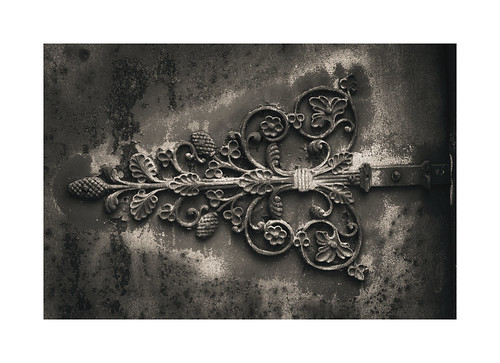[A couple days after I posted the following comments, The Online Photographer had this to say.]
Kirk Tuck says it well.
"...blogging sure has changed over the last eleven years. We used to talk as much about gear back then as we do now but it seemed more important at the beginning. People were still transitioning to digital from their filmic pasts. Gear was improving by leaps and bounds. Mirrorless cameras were in their infancy and it seemed that DSLRs would rule forever. LED lighting was on very few peoples' radars. Portable flashes were the hot photo topic - that, and full frame cameras..."
This is my experience, too.
I look at the three flash monobloc system I paid 1900Euro (TVA included) just eight years ago when my wife and I first moved to Europe and, well, it's worth, if I'm lucky, perhaps 200Euro for the entire thing at this point. And, truth be told, there are less expensive and more feature laden solutions for lighting.
Lenses are things I've looked at as part of photographic systems since the 1980s. Much as changed here, as well. Even the cheap glass is capable of outperforming (in certain meaningful ways) earlier, more expensive items. The higher end optics are so outstanding that they are now controlling 11th order effects in optical design, where just a few years ago a lens designer told me it was crazy to think there was much to be gained by trying to control 7th order effects.
Advancements in image processing software have largely nullified the limitations of ultra-small sensors. Current mobile phones are clear examples of what I mean by this. Image stacking for noise reduction, as well as increases in resolution are now done in-device and on the fly.
Many of the things that made photography a craft, such as lens selection, focusing, aperture, shutter speed, and ISO (ASA, back in the day) have, again, been nullified by advancements in technology integration.
I'm left with knowing and understanding things that are no longer be necessary to making a decent image. Wet plate collodion alchemists may have felt something similar when dry plate, and soon thereafter, dry roll film became widely and cheaply available.
As always, the magic ultimately lay not in the alchemy, the chemistry, the lenses, the cameras, nor the techniques, but in the application of these in making a good photograph. That was always the goal, regardless of how one got there.
Yet, here too, current practitioners are shutting down their blogs. I'm thinking of Ming Thein as I type this. While the world is in constant flux, but Ming's and Kirk's recent decisions to shutter their blogs seem somehow related.
Making a good photograph no longer is the goal. See the billions of images posted to Instagram, Facebook, and Pinterest as examples of what I mean.
In my own case, after many years of engaging social media platforms and discussion forums and photography websites, I have closed nearly all of my accounts. Some of this was by my choice (I don't like Facebook nor Instagram nor DPReview, and Pinterest seems oddly organized). Others made choices for me (Tumblr with policy changes, Google shutting down Google+, MySpace users going elsewhere, etc.).
Only my Flickr account and this blog remain active. These are my outward facing portals in the on-line world. As what I know increasingly lacks relevancy, as I run out of things to share and things to say, maybe this, too, will change?
